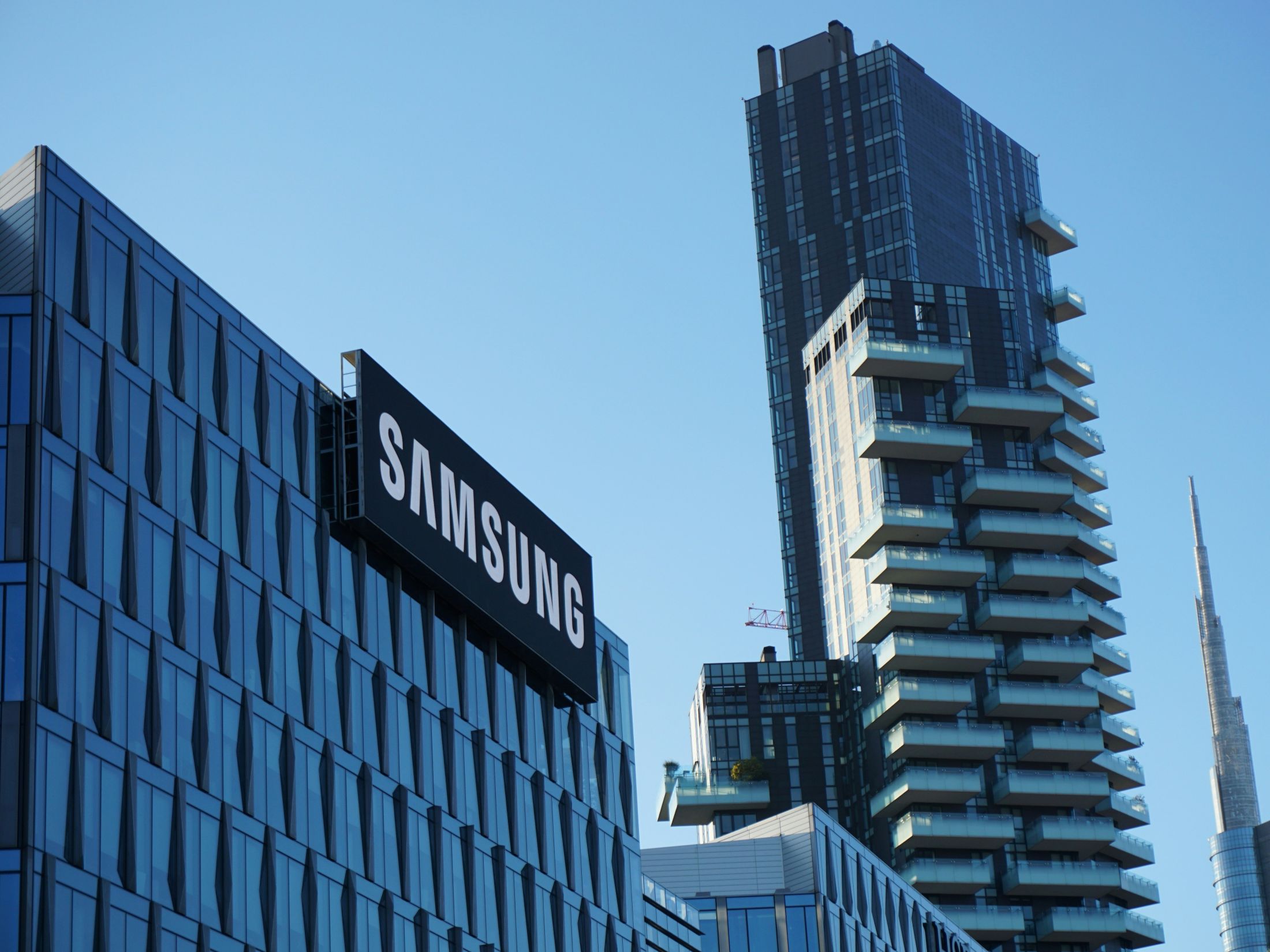UK Space Agency funding will support five new satellite projects through the European Space Agency’s (ESA) ARTES (Advanced Research in Telecommunications Systems) programme.
As businesses and governments increasingly rely on low Earth orbit (LEO) constellations for low-latency connectivity, the economic durability of the space sector directly impacts service costs and availability.
Government evaluation indicates that every £1 invested in ESA returns £7.49 in direct benefits to the UK economy. With European demand for satellites forecast to reach £40 billion by 2033, securing just a two percent share offers a potential £800 million in revenue for the UK.
This funding addresses the operational overhead of space-based services, rather than focusing solely on exploration.
Space Minister Liz Lloyd said: “Space technology, and especially satellites, are essential to our daily lives. From the sat nav in your car to your mobile phone, from weather forecasts to your online banking—space is where it all happens.
“By backing our UK sector, we’re not only cementing our position as a European space leader, we’re creating high-skilled jobs, attracting investment, and ensuring space technologies can connect communities to the space-enabled services they need.”
Extending asset lifecycles through ARTES
Disposal of functional satellites simply because they run out of propellant remains a persistent inefficiency and a cost driver for end-users. Addressing this, the UK Space Agency is backing Orbit Fab to deliver the Advancing Satcom Technology with Refuelling and Logistics (ASTRAL) project.
With total UK funding of up to £2.9 million, and an initial contract worth £1.3 million awarded by the European Space Agency, this mission focuses on refuelling electric propulsion satellites. Buyers of satellite data will find this relevant as extending satellite life reduces the capital expenditure required to replenish constellations.
This mission aims to prove that satellites can remain in orbit longer or manoeuvre away from debris threats using UK-developed technology. Investments in satellite refuelling suggest a future where orbital assets last longer, potentially lowering data costs for enterprise users.
Integrating 5G and optical comms for global coverage
The convergence of terrestrial 5G and satellite infrastructure offers a path to ubiquitous coverage, a priority for those managing distributed networks. Vicinity Technologies has secured £1.19 million to develop a 5G Non-Terrestrial Network (NTN) regenerative payload system.
The project involves designing the entire software stack for both space and ground segments. The objective is to support scalable internet services that reach from smart cities to geographically isolated areas, maintaining uninterrupted service for logistics and remote monitoring applications.
Simultaneously, Archangel Lightworks – supported by Eutelsat – is tackling bandwidth constraints through the Space Optical Link Integration Study (SOLIS), funded with £356,000.
Delivered under the European Space Agency’s Sunrise programme, SOLIS investigates deploying Free Space Optical Communications (effectively fibre optics without the cable) within Eutelsat’s OneWeb LEO satellite global network. Such capability is vital for handling the massive data throughput required by modern enterprise applications without relying solely on congested radio frequency spectrums. These projects point toward a seamless integration of 5G and satellite networks, vital for IoT and logistics in remote areas.
Procuring satellite capacity often presents a governance hurdle for public and private sector organisations. Inmarsat Navigation Ventures Ltd (Viasat UK) will receive £881,000 for the International Virtual Satellite Operators Network (Phase 2) project.
The European initiative aims to develop a service enabling governments to plan, procure, and monitor satellite communications from Viasat and other providers, guaranteeing coherent management of communications channels. New tools for managing virtual satellite networks will likely streamline how large organisations procure and govern satellite connectivity.
On the infrastructure side, Goonhilly Earth Station in Cornwall is leading the AGILE project with £1.6 million in funding to produce an interface unit compatible with the LunaNet specification. While initially targeted at lunar missions, the standardisation of ground-to-space interfaces enables seamless connections to ground infrastructure, improving success rates for missions that may eventually support deep-space commercial activities.
Dr Paul Bate, CEO of the UK Space Agency, commented: “Today’s investment shows how the UK’s space ambitions translate into real-world impact. By advancing satellite communications technology, we’re not only building a globally competitive sector but also ensuring that communities – even in the most remote corners of the UK – can access the services they need.
“This is space delivering for people and powering our future economy.”
UK boosts trajectory of European satellite projects
This announcement precedes the ESA Ministerial Council in Bremen on 26-27 November, where the UK government will negotiate its future investment in European space ambitions. To support these national programmes and ESA membership, the government has allocated the UK Space Agency a budget of £2.8 billion up to 2029/30.
Laurent Jaffart, Director of ESA’s Connectivity and Secure Communications, said: “ESA is committed to supporting a vibrant and striving telecommunications ecosystem in Europe, while achieving a zero-debris environment in space.
“This milestone, with support from the UK Space Agency, will further strengthen the European autonomy and sovereignty that we are collectively striving for with our Member States.
The maturation of the UK space sector represents a stabilising force in the telecoms market. With a forecasted European satellite market worth £40 billion, the UK aims to continue being a primary vendor for advanced telecoms solutions.
See also: GSMA: Act now to avoid spectrum crunch with 6G mobile networks
Want to learn about the IoT from industry leaders? Check out IoT Tech Expo taking place in Amsterdam, California, and London. The comprehensive event is part of TechEx and is co-located with other leading technology events. Click here for more information.
Telecoms is powered by TechForge Media. Explore other upcoming enterprise technology events and webinars here.
👇Follow more 👇
👉 bdphone.com
👉 ultractivation.com
👉 trainingreferral.com
👉 shaplafood.com
👉 bangladeshi.help
👉 www.forexdhaka.com
👉 uncommunication.com
👉 ultra-sim.com
👉 forexdhaka.com
👉 ultrafxfund.com
👉 bdphoneonline.com
👉 dailyadvice.us




